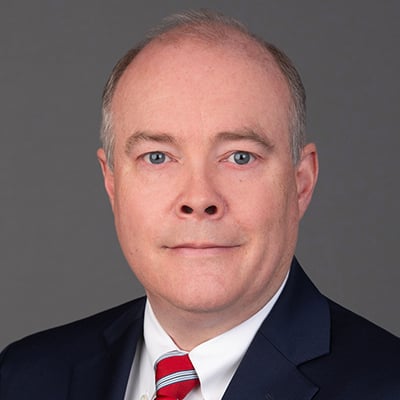Supreme Court Takes Up Patent Case With Worldwide Implications
The U.S. Supreme Court will decide next term whether supplying a single component of a multiple-component invention from the United States can expose a manufacturer to worldwide patent infringement liability under a theory of induced infringement.
Attorneys for Life Technologies Corp. and the U.S. government had said the decision from the U.S. Court of Appeals for the Federal Circuit ignored the presumption against applying U.S. patent laws abroad.
The grant also signaled the high court’s ongoing interest in intellectual property cases. Previously this spring the court took up cases involving design patent damages, the availability of laches in patent cases, and “useful articles” under the Copyright Act. The court also has sought the solicitor general’s views on two more cases, with recommendations expected next fall. But even excluding those, four of the 18 cases on the 2016-17 docket so far relate to intellectual property.
Kirkland & Ellis partner John O’Quinn, who’s not involved in the Life Technologies case, said the court shows no sign of waning interest in patents even after a series of blockbuster cases over the past decade, including last month’s Halo Electronics v. Pulse Electronics and Cuozzo v. Lee.
“Today’s grant shows that the Supreme Court remains interested in these types of issues,” he said.
However, the court turned down one other high-profile patent case Monday. The justices decided to leave intact a Federal Circuit ruling that found Sequenom Inc.’s patent on a groundbreaking noninvasive fetal diagnostic test is not eligible for patent protection under Section 101. Large segments of the life sciences industry had campaigned aggressively for the court to once again clarify its series of Section 101 rulings limiting the types of inventions that can be patented.
In the case the court will hear, the petitioner is Carlsbad, California-based Life Technologies, a division of Thermo Fisher Scientific Inc. that manufactures genetic testing kits that generate DNA profiles. The kits are used by law enforcement and in clinical research. Life Technologies manufactures Taq polymerase in the United States and ships it overseas, where the company adds it to the kits.
In a decision by Judge Raymond Chen, the Federal Circuit ruled, 2-1, that Life Technologies had induced infringement under Section 271(f) of the Patent Act. Section 271(f) says that anyone who provides “all or a substantial portion of the components of a patented invention … in such manner as to actively induce the combination of such components outside of the United States in a manner that would infringe the patent if such combination occurred within the United States, shall be liable as an infringer.”
Life Technologies argued that a single component cannot be considered “all or a substantial portion.”
The Supreme Court has cautioned in past decisions that U.S. patent law does not rule the world. Emory University School of Law professor Timothy Holbrook said the Federal Circuit has been giving short shrift to that presumption against extraterritorial application. “This case is but one of many that exemplifies this failure, and thus it provides a vehicle for the court to correct the Federal Circuit’s course,” he wrote in an amicus curiae brief supporting certiorari.
Sidley Austin partner Carter Phillips represents Life Technologies. Weil, Gotshal & Manges partner Edward Reines represented Life Technologies at the Federal Circuit, where his performance at oral argument set in motion a chain of events that ultimately led to the resignation of former Chief Judge Randall Rader.
Wilmer Cutler Pickering Hale and Dorr partner Seth Waxman represents patent holder Promega Corp. He argued in his response to the petition that substantiality “is a fact question that requires a case-specific analysis of what is being supplied from the United States and its relationship to the patented invention across multiple dimensions.”
REPRINTED WITH PERMISSION FROM THE JUNE 27, 2016 EDITION OF LAW.COM © 2016 ALM MEDIA INC. ALL RIGHTS RESERVED. FURTHER DUPLICATION WITHOUT PERMISSION IS PROHIBITED

